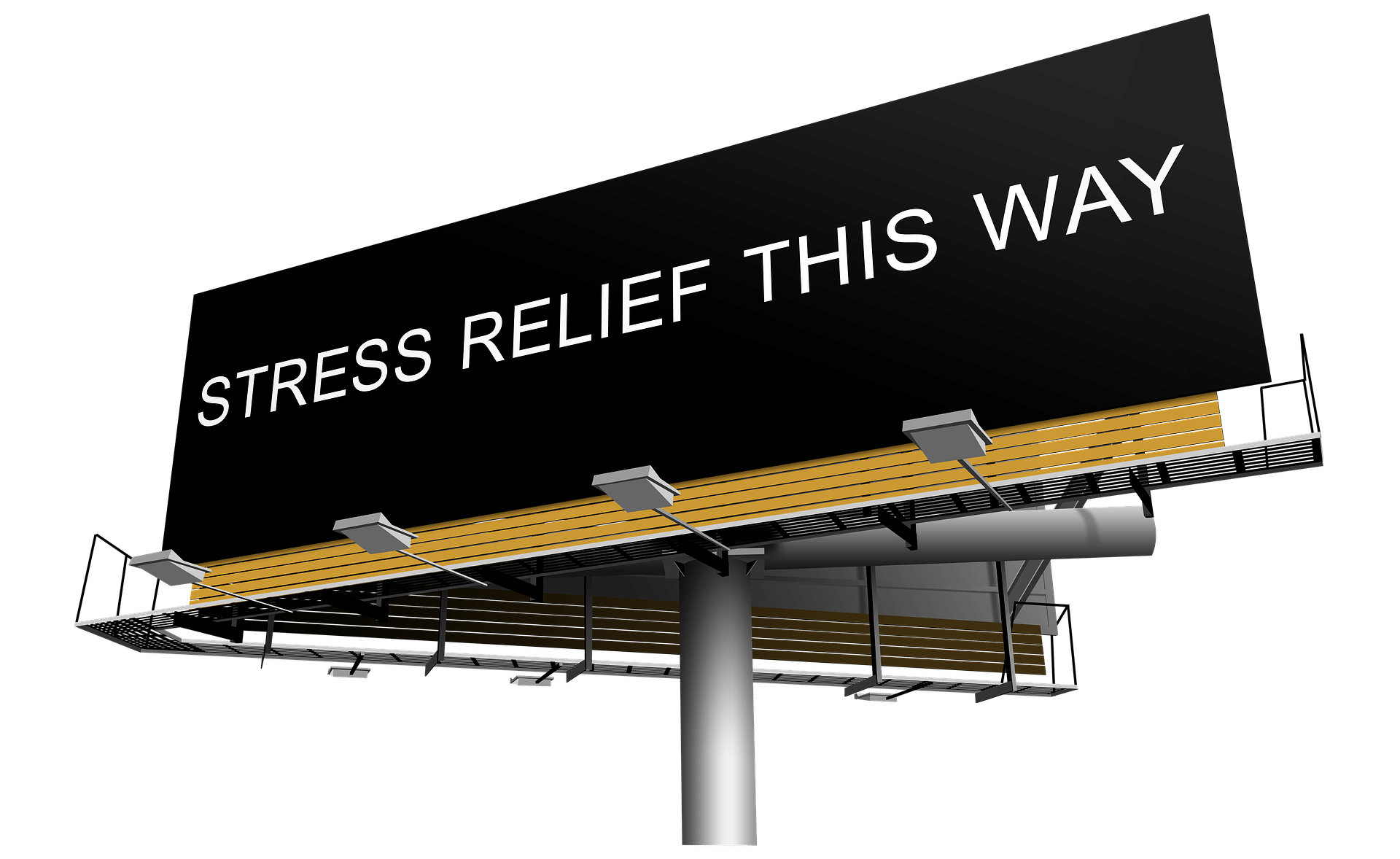How Deep Sleep Helps Ease Stress and Anxiety
A new study from UC Berkley highlights the importance of deep sleep in dealing with stress and anxiety. It is essential for both prevention and recovery.
A new study from UC Berkley highlights the importance of deep sleep in dealing with stress and anxiety. It is essential for both prevention and recovery.
Stress pops up like a sneaky cat, hiding around every corner of our daily lives. Try as you might, you just can’t shake it off completely. Getting the hang of taming stress and anxiety is super important for keeping your health in tip-top shape. If you’re keen on knocking stress down a peg or two, stick around. You’re about to discover some neat tricks that’ll help keep your cool, making a huge difference in your well-being!
According to a new study from the University of California, Berkley, sleep is an effective way to get your emotions in order. In fact, they claim that losing a night of sleep can lead to a 30% rise in anxiety levels the following day.
We all know that sleep is vital for our well-being, as lack of proper rest often leaves us irritable, prone to mood swings, and unable to concentrate or perform mentally. And according to UC Berkley researchers, a specific phase of sleep is responsible for resetting our anxious brains.
When we fall asleep, we experience a couple of light sleep phases at the beginning, following by deep sleep, and then finally rapid eye movement (REM) stage. It seems that deep sleep is particularly important for reducing stress and anxiety, as neural oscillations are deeply synchronized, and blood pressure and heart rate drop. That gives a perfect opportunity to reorganize connections in the brain and repair damage.
Study authors point that sleep is a natural remedy for anxiety disorders that are on the rise in the US, with over 40 million Americans suffering from them. What’s concerning is that we see a trend of prevalence increase in children and teens. But when you account for the fact that most children and teenagers aren’t getting enough sleep regularly, it all makes sense.
Using a series of experiments, researchers from UC Barkley scanned the brains of 18 young adults, while they watched disturbing video clips. The investigators wanted to see if there was any difference if the participants viewed stirring videos after a sleepless or a night full of sleep. They used polysomnography and functional MRI for measuring brain and other activity, and each session was followed by a questionnaire to assess the level of anxiety in participants.

As expected, subjects who slept less had an increased anxiety response to viewing those disturbing videos. Brain scans showed complete inhibition of the prefrontal cortex, which generally keeps stress and anxiety in check. Additionally, emotional centers in the brain were overactive.
More importantly, after a night full of sleep, anxiety levels dropped significantly. And there was a positive correlation with deep sleep, meaning that participants who experienced more deep sleep had lower anxiety levels.
These findings show that deep sleep is essential for both the prevention and mediation of stress and anxiety.
Researchers managed to replicate their results in another similar study with 30 participants, where participants who got the most deep sleep also experienced the lowest anxiety levels the following day.
Additionally, researchers conducted an online study following 280 subjects for four days and tracking their anxiety levels. The results were similar to previous studies. But interestingly, even the slightest changes in deep sleep affected the anxiety levels.
All these findings support the argument that sleep recommendations should be a part of managing anxiety disorders. More importantly, sleep could be an excellent natural prevention for developing these conditions in the first place.
Dusan is a biologist, a science enthusiast and a huge nature lover. He loves to keep up to date with all the new research and write accurate science-based articles. When he’s not writing or reading, you can find him in the kitchen, trying out new delicious recipes; out in the wild, enjoying the nature or sleeping in his bed.